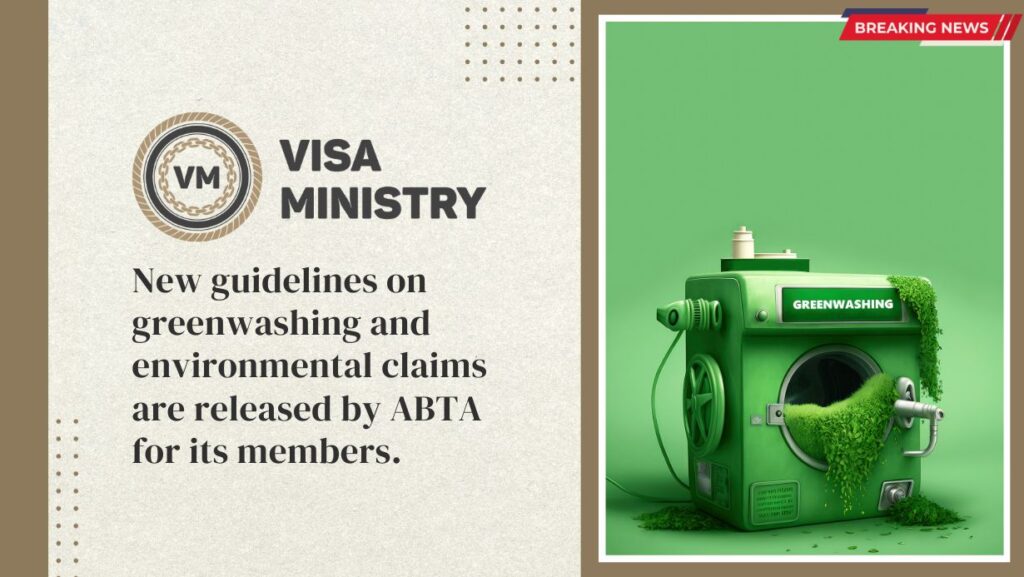The Travel Association, or ABTA, has released updated guidelines for its members that include advice on avoiding greenwashing and a summary of the legal framework that companies must adhere to when marketing and promoting their environmental credentials.
The guidelines, “Sustainability and Green Claims – marketing and advertising law,” examine the strategies used by the Competition and Markets Authority (CMA), which released its Green Claims Code in 2021, and the Advertising Standards Authority (ASA) for companies that promote and publicize the environmental advantages of their travel-related services and goods.
It also describes how creating false, incomplete, or misleading environmental claims is subject to the Consumer Protection from Unfair Trading Regulations 2008, which are enforced by Trading Standards and the CMA.
The language used in marketing and advertising communications as well as their overall visual appearance are receiving special attention from the regulators. Businesses should also be able to provide proof for any statements they make about their environmental impact.
“ABTA members are doing a lot of great work to address some of the environmental and socio-economic challenges around travel and tourism and want to communicate this to their customers,” stated Meera Tharmarajah, Solicitor at ABTA.
To avoid unintentionally breaking any applicable laws or regulations, it’s crucial that members understand the legal framework around green claims.
We have created this new guidance for this reason. We want participants to be able to articulate their activities and results with assurance. The Travel Regulations conference by ABTA is scheduled for Tuesday, November 14. The conference will focus on the legal framework around green claims made by travel operators, as well as their ESG requirements.
Source- Travel daily

